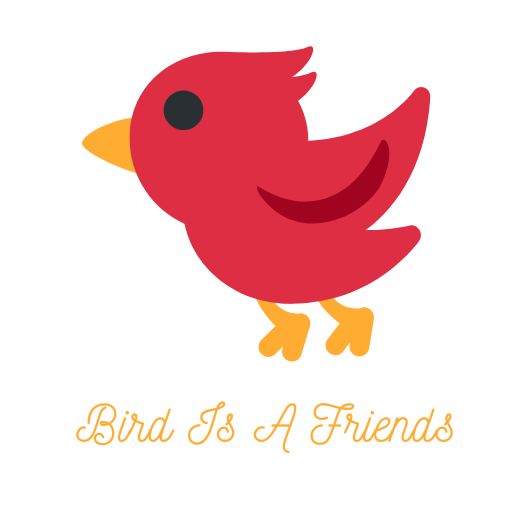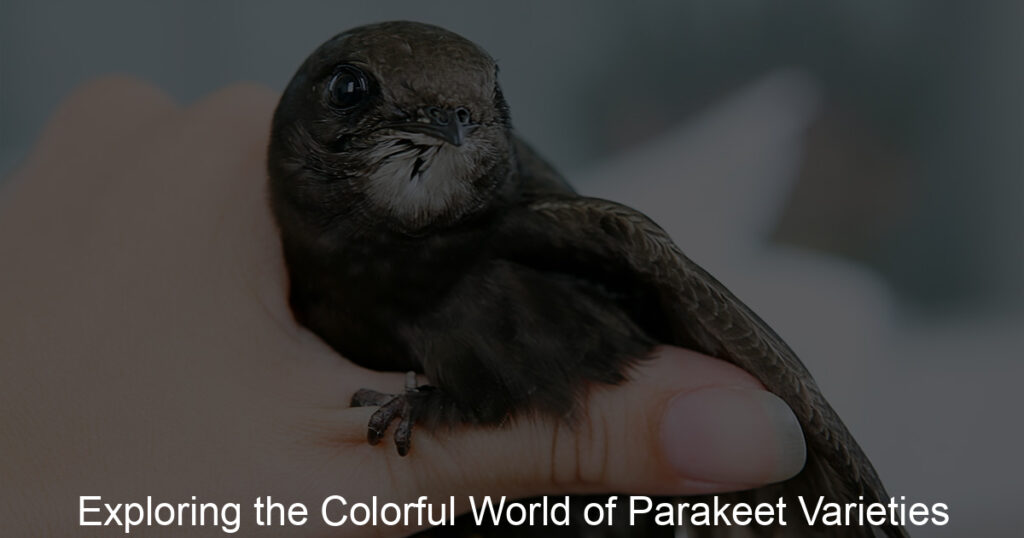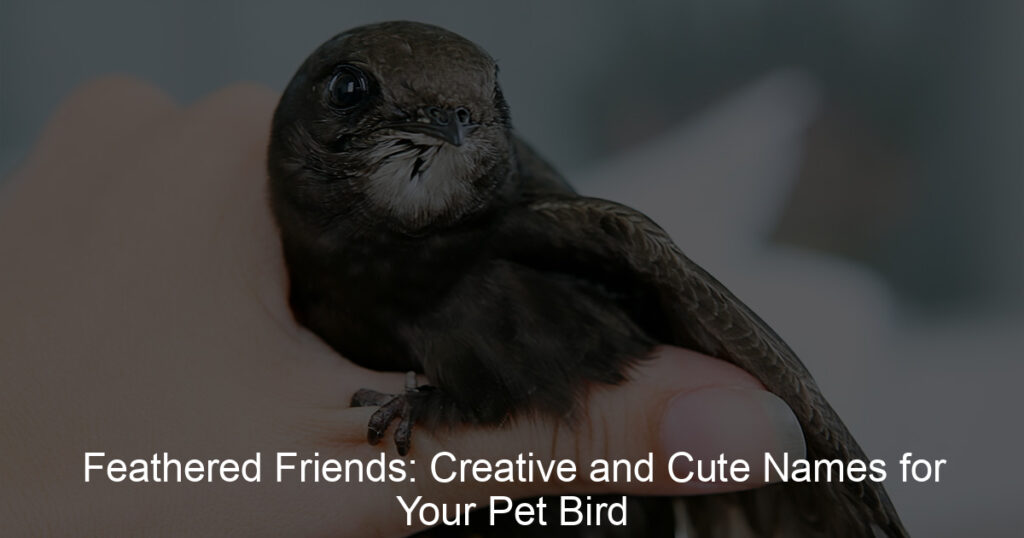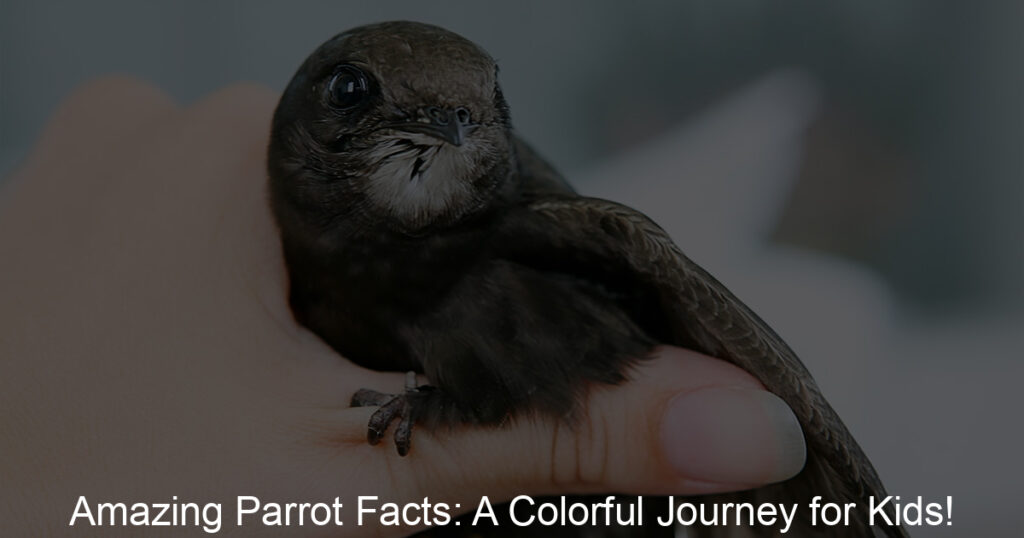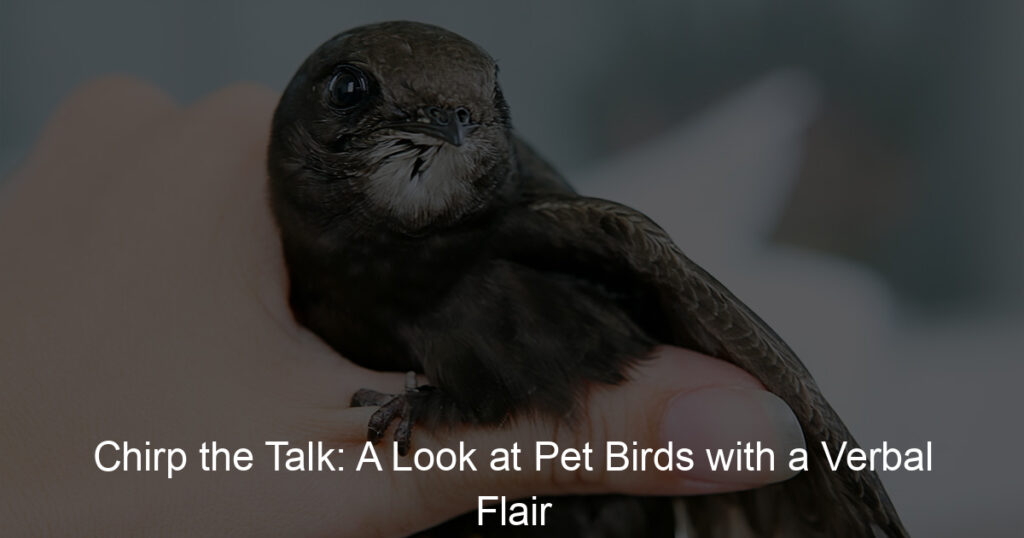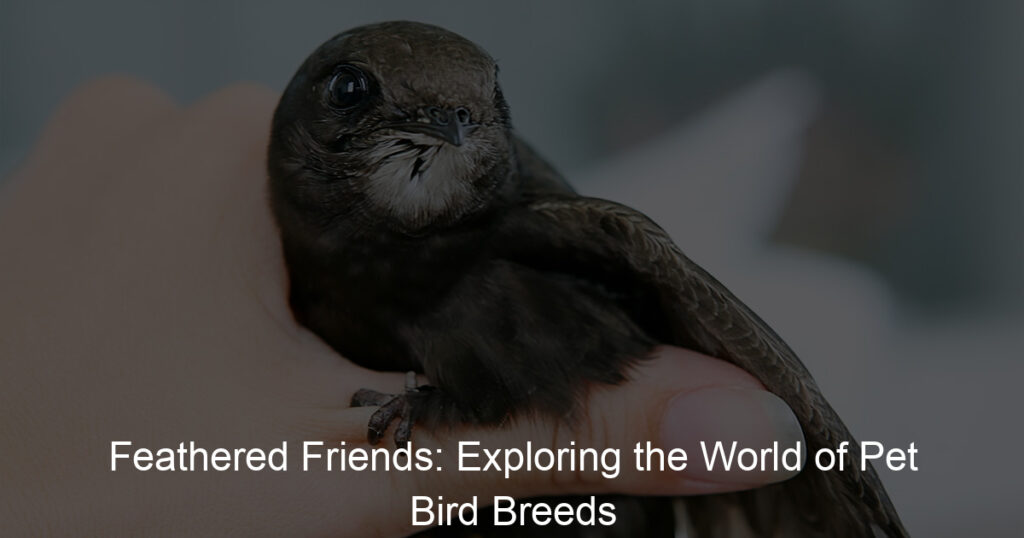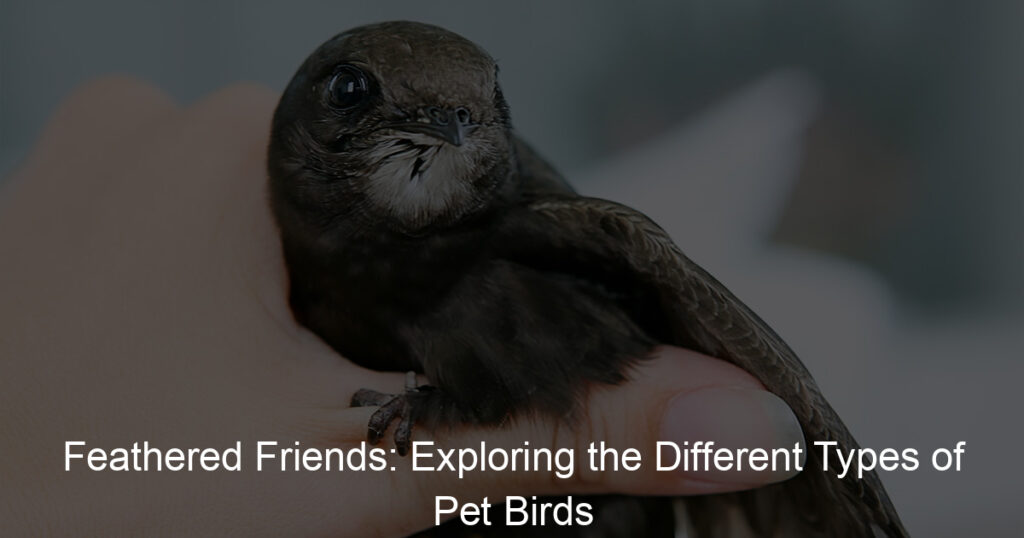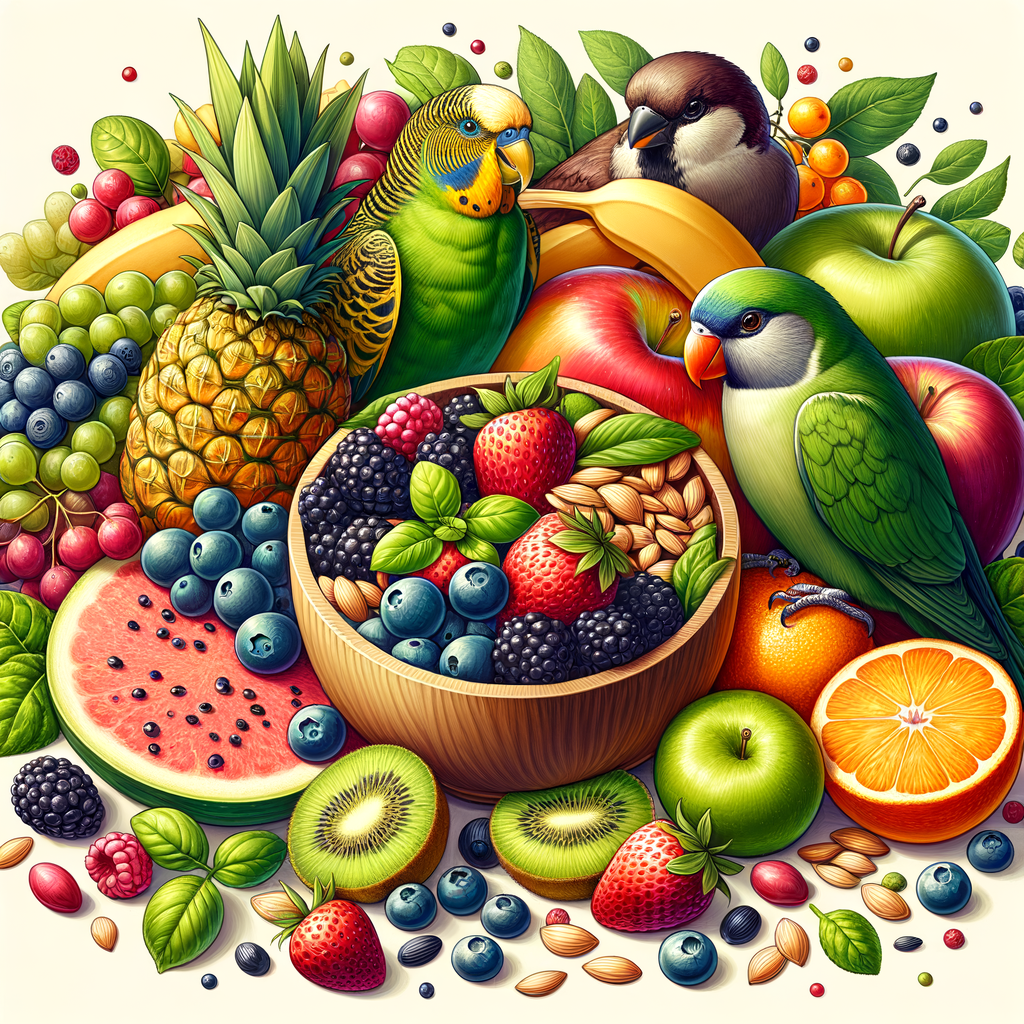
Introduction to Bird Health and Fresh Food
Welcome to our comprehensive guide on bird health and the significant role fresh food plays in maintaining it. This guide is designed to provide you with key insights into the importance of bird health and how fresh food contributes to it. We’ll explore these topics in a clear and informative manner, ensuring it’s easy to understand for all our readers.
- Importance of Bird Health
- Role of Fresh Food in Maintaining Bird Health
Just like humans, birds require proper care and attention to stay healthy. A healthy bird is a happy bird, and their health directly impacts their lifespan, mood, and overall well-being. Birds, whether they are pets or wild, are susceptible to various diseases and health issues. Therefore, it’s crucial to understand their health needs and provide them with the necessary care. Healthy birds can live longer, exhibit vibrant colors, and sing beautifully, bringing joy to their surroundings.
Fresh food plays a pivotal role in maintaining bird health. Birds require a balanced diet, just like us, and fresh food provides them with essential nutrients they need to thrive. Fresh fruits, vegetables, and grains are rich in vitamins, minerals, and antioxidants that help boost their immune system, improve their feather quality, and keep them active and lively. Feeding birds with fresh food not only contributes to their physical health but also their mental well-being. A well-fed bird is more likely to be active, social, and happy.
In the following sections, we’ll delve deeper into the types of fresh food suitable for birds, how to feed them, and the nutritional needs of different bird species. We’ll also share a case study that highlights the impact of a fresh food diet on bird health. So, stay tuned for more informative content on bird health and fresh food.
Fresh Food for Birds: What You Need to Know
Feeding your birds fresh food is not just a treat, it’s an essential part of their diet. Just like us, birds need a variety of foods to stay healthy. Let’s explore the different types of fresh food you can give to your birds.
Types of Fresh Food for Birds
There are three main types of fresh food that birds love and need: fruits, vegetables, and seeds and nuts. Each of these food types provides different nutrients that are important for your bird’s health.
- Fruits
- Vegetables
- Seeds and Nuts
Fruits are a great source of vitamins and minerals for birds. They are also high in water content, which can help keep your bird hydrated. Some bird-friendly fruits include apples, bananas, and berries. Remember to wash all fruits thoroughly before feeding them to your bird and avoid feeding them any fruit seeds or pits as these can be harmful.
Vegetables are another excellent source of vitamins and minerals for birds. They can be served raw or cooked, but avoid using any seasoning. Some bird-friendly vegetables include carrots, broccoli, and peas. Always chop the vegetables into small, manageable pieces for your bird.
Seeds and nuts are a favorite among many birds. They provide essential fats and proteins that birds need for energy and growth. Some bird-friendly seeds and nuts include sunflower seeds, millet, and almonds. However, seeds and nuts should be given in moderation as they are high in fat.
Remember, variety is key when it comes to feeding your bird fresh food. Try to offer a mix of fruits, vegetables, and seeds and nuts to ensure your bird gets all the nutrients it needs. Always consult with your vet before making any major changes to your bird’s diet.
Benefits of Fresh Food for Birds
Feeding your feathered friends with fresh food can have numerous benefits. Let’s explore some of the most significant advantages:
- Improved Feather Condition
- Enhanced Immune System
- Longer Lifespan
Feathers are a bird’s pride and joy. They’re not just for show; they also serve essential functions like aiding in flight and keeping the bird warm. Fresh food, rich in vitamins and minerals, can help improve the condition of a bird’s feathers, making them healthier and more vibrant. For instance, fruits and vegetables are packed with Vitamin A, which is known to promote feather health.
Just like humans, birds also need a strong immune system to fight off diseases. Fresh food, especially fruits and vegetables, are loaded with antioxidants that can boost a bird’s immune system. This means that birds fed with fresh food are less likely to fall ill and can recover more quickly when they do.
Feeding birds with fresh food can also contribute to a longer lifespan. A balanced diet, including fresh food, provides all the necessary nutrients for birds to thrive. This, combined with an enhanced immune system, can lead to a longer, healthier life for your feathered friends.
In conclusion, fresh food plays a vital role in a bird’s health and well-being. By incorporating fresh fruits, vegetables, seeds, and nuts into your bird’s diet, you’re not just giving them a treat, but you’re also contributing to their overall health and longevity.
Feeding Birds Fresh Food: A Comprehensive Guide
Feeding your feathered friends fresh food can be a rewarding experience. It not only ensures their health and happiness but also allows you to form a deeper bond with them. In this guide, we will discuss how to prepare fresh food for birds, ensuring it’s safe and suitable for their consumption.
Preparing Fresh Food for Birds
Preparing fresh food for birds involves two crucial steps: proper cleaning of food items and serving them in the correct sizes. Let’s delve into these steps in detail.
- Proper Cleaning of Food Items
Before feeding fresh food to your birds, it’s essential to clean it properly. This step is crucial to remove any dirt, pesticides, or other harmful substances that might be present on the food’s surface. Here’s how you can do it:
- Rinse the fresh produce under running water.
- For hard-skinned fruits or vegetables, use a clean brush to scrub the surface gently.
- Pat dry with a clean towel.
Remember, never use soap or detergent to clean the food as these substances can be harmful to birds.
- Correct Cutting and Serving Sizes
Once the food items are clean, the next step is to cut them into appropriate sizes. The size of the food pieces should be proportional to the size of the bird’s beak. This will make it easier for them to eat and digest.
For small birds, chop the food into tiny pieces. For larger birds, larger chunks are acceptable. However, ensure that the pieces are not too big that they pose a choking hazard.
Also, remember to remove any hard seeds or pits from fruits as they can be difficult for birds to eat and may also contain substances that are toxic to them.
Feeding birds fresh food can be a delightful experience for both you and your feathered friends. It not only contributes to their overall health but also allows you to bond with them. Remember, the key to a successful bird diet is variety, so try to include a mix of fruits, vegetables, and grains in their meals.
Introducing Fresh Food to Bird Diet
Introducing fresh food to your bird’s diet can be a game-changer for their health and happiness. However, it’s important to do it gradually and monitor their reaction to the new food. Let’s dive into these two crucial steps.
- Gradual Introduction
- Monitoring Bird’s Reaction to New Food
When introducing fresh food to your bird’s diet, it’s essential to do it gradually. A sudden change in diet can be stressful for birds and may lead to health problems. Start by adding small amounts of fresh food to their regular diet. This could be a slice of apple, a few leaves of spinach, or a piece of carrot. Gradually increase the amount of fresh food over a few weeks until it makes up a significant part of their diet. This method allows your bird to get used to the new food slowly, reducing the risk of digestive issues or rejection.
As you introduce fresh food, it’s crucial to monitor your bird’s reaction. Pay attention to their eating habits. Are they eating the fresh food? Do they seem to prefer certain types over others? Also, observe their health and behavior. If they seem lethargic, lose weight, or show signs of discomfort, they may not be reacting well to the new food. In such cases, it’s best to consult a vet. Remember, each bird is unique, and what works for one may not work for another. Monitoring allows you to tailor the diet to your bird’s specific needs and preferences.
In conclusion, introducing fresh food to your bird’s diet is a process that requires patience and observation. But with the right approach, you can significantly enhance your bird’s health and wellbeing. Remember, a healthy bird is a happy bird!
Keeping Birds Healthy: More Than Just Fresh Food
When it comes to keeping our feathered friends healthy and happy, there’s more to it than just providing fresh food. A balanced diet plays a crucial role in maintaining their overall health and well-being.
Importance of Balanced Diet
A balanced diet is essential for birds, just as it is for humans. It provides them with the necessary nutrients they need to stay healthy and active. Without a balanced diet, birds may suffer from a variety of health problems, including malnutrition and obesity.
- Combination of fresh food, seeds, and pellets: A balanced bird diet should include a combination of fresh food, seeds, and pellets. Fresh foods like fruits and vegetables provide essential vitamins and minerals, while seeds and pellets offer a good source of protein and carbohydrates. This combination ensures that birds receive a wide range of nutrients necessary for their health.
- Variety in bird diet: Just like us, birds also enjoy a variety of foods. Offering different types of fruits, vegetables, seeds, and pellets can help to keep their diet interesting and nutritious. It also helps to prevent dietary deficiencies by providing a broad spectrum of nutrients.
Remember, a balanced diet is just one aspect of keeping birds healthy. Other factors such as proper cage hygiene and regular vet check-ups also play a significant role in their health and well-being.
Other Factors Affecting Bird Health
While a balanced diet is crucial to maintaining bird health, there are other factors that also play a significant role. Let’s delve into these aspects that can contribute to the overall well-being of your feathered friends.
- Proper Cage Hygiene
- Regular Vet Check-ups
Keeping your bird’s cage clean is a fundamental aspect of bird care. A dirty cage can become a breeding ground for bacteria and parasites, which can lead to various health issues for your bird. It’s recommended to clean the cage and its accessories at least once a week. This includes the cage floor, perches, and toys. Use a bird-safe disinfectant and rinse thoroughly to ensure no harmful residues are left behind.
Just like humans, birds also need regular health check-ups. These visits to the vet can help detect any potential health issues early, making them easier to treat. It’s advisable to have your bird examined by a vet at least once a year. The vet can check for signs of illness, monitor weight, and provide vaccinations if necessary. Regular vet visits are a proactive way to ensure your bird stays healthy and happy.
In conclusion, bird health is not just about providing fresh food but also involves maintaining proper cage hygiene and scheduling regular vet check-ups. By paying attention to these factors, you can ensure your bird lives a long, healthy, and joyful life.
Nutritional Needs of Birds: A Closer Look
Understanding the nutritional needs of birds is crucial for their overall health and well-being. Just like humans, birds require a balanced diet to maintain their energy levels and support their bodily functions. Let’s take a closer look at the essential nutrients that birds need.
Essential Nutrients for Birds
There are several key nutrients that every bird needs to thrive. These include proteins, vitamins, and minerals. Each of these nutrients plays a unique role in supporting a bird’s health.
- Proteins
- Vitamins and Minerals
Proteins are vital for the growth and repair of body tissues in birds. They are the building blocks of feathers, beaks, and claws. Proteins also play a key role in the production of enzymes and hormones that regulate a bird’s bodily functions. Birds can get proteins from a variety of sources, including seeds, insects, and certain types of fruits and vegetables.
Vitamins and minerals are equally important for a bird’s health. They support various bodily functions, including bone formation, vision, and immune system function. Birds can get these nutrients from fresh fruits and vegetables, seeds, and bird-specific supplements.
It’s important to note that different bird species may require different amounts of these nutrients. Therefore, it’s always best to consult with a vet or a bird nutrition expert to ensure your bird is getting the right balance of nutrients.
Understanding Bird’s Unique Dietary Needs
Just like humans, birds have unique dietary needs. These needs can vary greatly depending on the bird’s species, age, and overall health. Let’s delve into the specifics of these dietary needs.
- Different Dietary Needs for Different Bird Species
Not all birds eat the same food. Different species of birds have different dietary needs. For instance, parrots are known to enjoy a diet rich in fruits, vegetables, and nuts. On the other hand, canaries prefer a diet that includes a variety of seeds, greens, and fruits. It’s crucial to research and understand the specific dietary needs of your bird’s species to ensure they get the right nutrients.
- Special Dietary Needs for Baby Birds and Elderly Birds
Baby birds and elderly birds have special dietary needs. Baby birds, also known as chicks, require a diet high in protein to support their rapid growth. They usually feed on a mixture of seeds, fruits, and insects provided by their parents.
Elderly birds, on the other hand, may require a diet low in fat but high in vitamins and minerals. This is to help maintain their health and vitality as they age. They may also need softer foods if they have difficulty chewing or swallowing due to age-related issues.
Understanding the unique dietary needs of birds is key to ensuring their health and happiness. By providing them with the right food, we can help them live longer, healthier lives.
| Bird Species | Diet |
|---|---|
| Parrots | Fruits, vegetables, and nuts |
| Canaries | Seeds, greens, and fruits |
| Baby Birds (Chicks) | High-protein diet (seeds, fruits, insects) |
| Elderly Birds | Low-fat diet, high in vitamins and minerals, softer foods |
Case Study: Impact of Fresh Food Bird Diet
Let’s delve into the world of birds and their diet. We’ll look at two specific case studies to understand the impact of a fresh food diet on birds. Our first case study revolves around a parrot.
Case Study 1: Parrot on Fresh Food Diet
Meet Polly, a vibrant, energetic parrot who was introduced to a fresh food diet. Polly’s diet transitioned from a seed-based diet to a fresh food diet, which included fruits, vegetables, and grains.
Before the diet change, Polly was lethargic and had dull feathers. After switching to a fresh food diet, significant changes were observed.
| Before Fresh Food Diet | After Fresh Food Diet |
|---|---|
| Lethargic | Energetic |
| Dull feathers | Vibrant feathers |
| Low interaction | Increased interaction |
As seen in the table above, Polly’s energy levels increased, her feathers became more vibrant, and she became more interactive. This case study shows the positive impact a fresh food diet can have on a bird’s overall health and well-being.
Remember, every bird is unique, and what works for one may not work for another. It’s always best to consult with a vet or a bird nutrition expert before making any significant changes to your bird’s diet.
In our next case study, we will look at the impact of a fresh food diet on a Canary. Stay tuned!
Case Study 2: Canary on Fresh Food Diet
Let’s dive into our second case study, which focuses on a canary that was switched to a fresh food diet. This case study offers valuable insights into the impact of fresh food on the health and well-being of canaries.
Background
The canary in our study, named Sunny, was previously fed a diet of primarily seeds. While seeds are a common food for canaries, they do not provide all the necessary nutrients for optimal health. Therefore, Sunny’s owner decided to switch to a fresh food diet.
The Fresh Food Diet
Sunny’s new diet consisted of a variety of fresh fruits and vegetables, such as apples, oranges, spinach, and carrots. These foods are rich in vitamins and minerals, which are essential for a canary’s health. The owner also continued to include a small amount of seeds in Sunny’s diet for balance.
Results
After switching to the fresh food diet, Sunny showed significant improvements in health and vitality. The owner reported that Sunny’s feathers became more vibrant, and Sunny became more active and vocal. Furthermore, Sunny’s overall health improved, with fewer visits to the vet.
| Aspect | Before Fresh Food Diet | After Fresh Food Diet |
|---|---|---|
| Feather Vibrancy | Normal | High |
| Activity Level | Low | High |
| Vocalization | Low | High |
| Vet Visits | Frequent | Rare |
In conclusion, this case study demonstrates the positive impact a fresh food diet can have on a canary’s health and well-being. It highlights the importance of providing birds with a balanced diet that includes a variety of fresh foods.
Conclusion: The Joy of Feeding Birds Fresh Food
As we reach the end of our journey exploring the importance of fresh food for birds, it’s time to recap the key points and share some final thoughts on bird diet and nutrition.
- Reiteration of the benefits of fresh food for birds
- Final thoughts on bird diet and nutrition
Feeding birds fresh food is not just a joy, but a responsibility. Fresh food provides birds with essential nutrients that they can’t get from seeds alone. These nutrients help them maintain a healthy weight, improve their feather quality, and boost their immune system. In our case study, we saw how a diet rich in fresh food improved the health and lifespan of a group of parakeets.
Bird diet and nutrition is a vast topic, but the key takeaway is that a balanced diet, rich in fresh food, is crucial for bird health. While seeds have their place, they should not be the only food source. Fresh fruits, vegetables, and even cooked grains can provide the variety of nutrients that birds need to thrive.
Feeding birds fresh food can be a rewarding experience. It allows us to connect with nature and contribute to the well-being of these beautiful creatures. So, let’s embrace the joy of feeding birds fresh food and help them lead healthier, happier lives.
